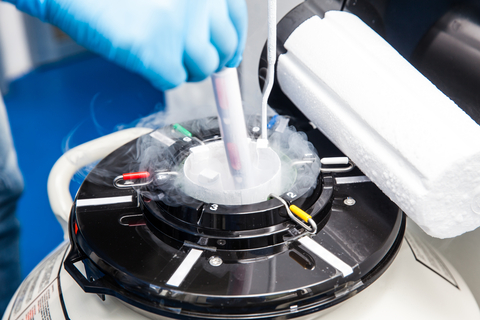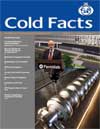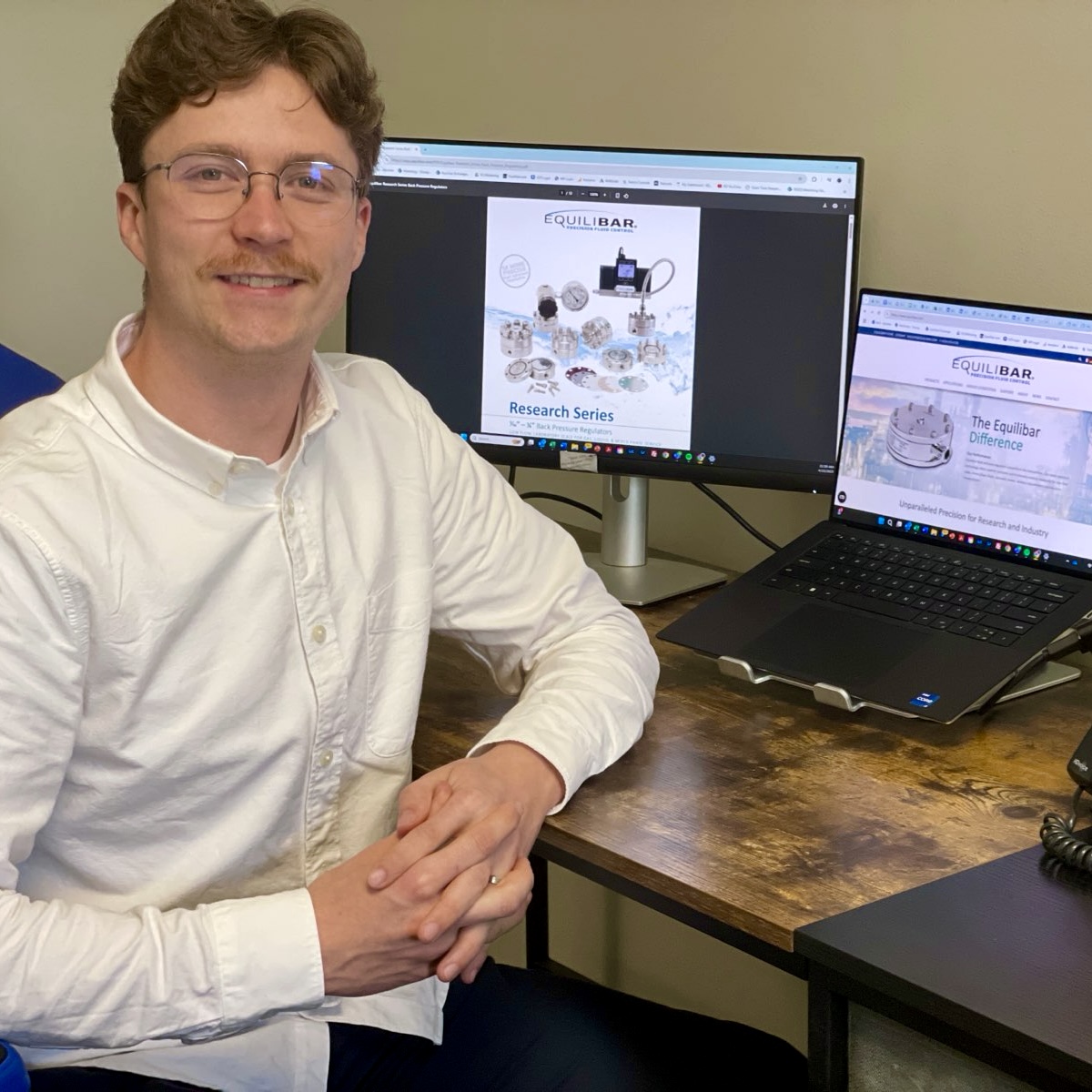As summer continues to produce record high temperatures across the Northern Hemisphere, a new application page on cryogenic valves from Equilibar offers a nice change of pace.
Cryogenics is the branch of physics or engineering that studies how materials and processes behave at extremely low temperatures. In general, temperatures below -150º C are considered cryogenic. In the laboratory, these temperatures are often expressed using the Kelvin scale.
Cryogenic temperatures change the properties of materials, providing opportunities for research and industrial applications. For example, common gases such as nitrogen or helium change phase from gas to liquid at cryogenic temperatures. Liquid nitrogen and liquid helium can be used to keep fragile materials–including tissue samples and electronics–frozen.
Other uses for cryogenics include hardening metals so that they are more resistant to wear, processing certain pharmaceuticals and producing aerospace products.
Because of its inherently simple design, Equilibar fluid control technology is well suited for cryogenic use. Equilibar valves and regulators are easily configured with diaphragm and O-rings made from materials appropriate for extremely cold temperatures.
Cryogenic Pressure Control in Radio Astronomy
In one case study, which was featured in the cryogenic journal Cold Facts, an Equilibar back pressure regulator (BPR) was used to provide pressure control at the Harvard-Smithsonian Center for Astrophysics. The Center was looking for ways to improve accuracy of radio telescope equipment contained in a cryostat, which is a device used to maintain extremely low temperatures. After installation of the Equilibar BPR, the cryostat experienced more precise pressure control and less temperature variability.
Equilibar back pressure regulators have been used in many other cryogenic and extremely low temperature applications. For more information, please see the cryogenic application page or contact an Equilibar application engineer to discuss your specific process. We are excited to hear about new severe service challenges.




